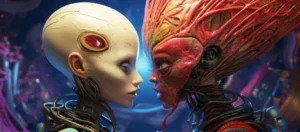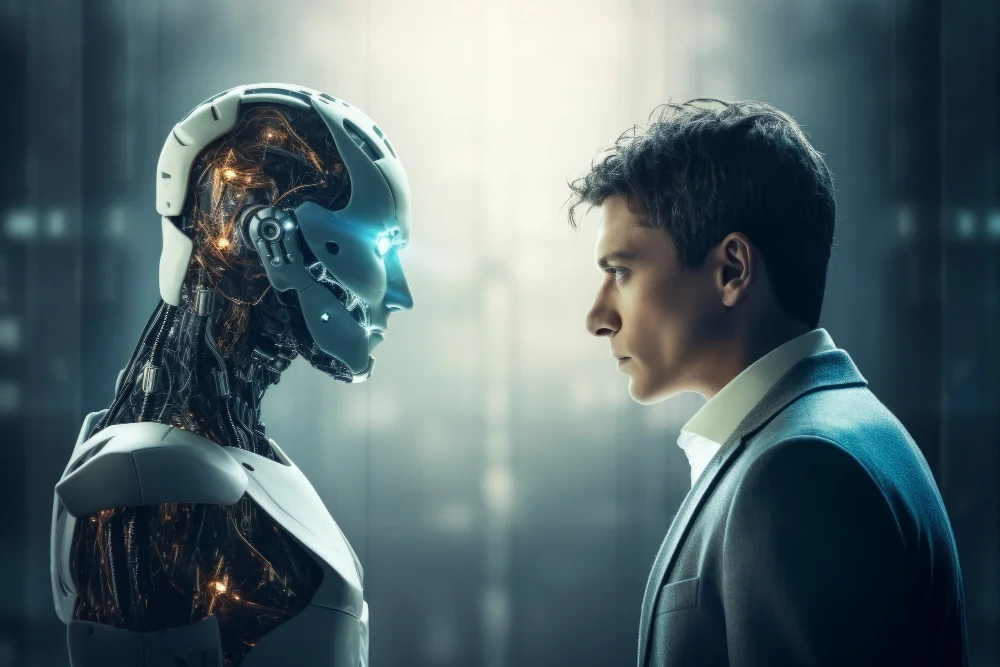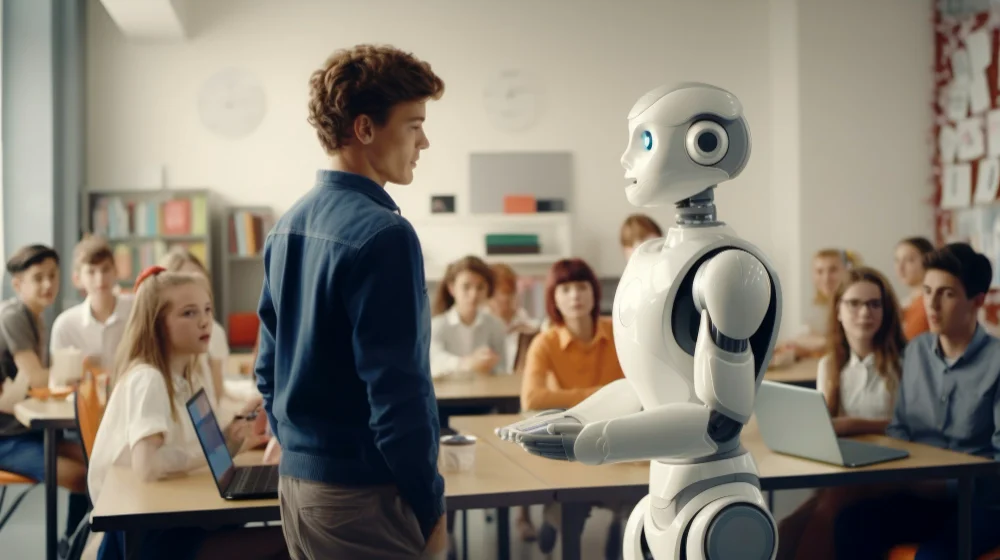Introduction
AI vs Human Intelligence is a growing topic of global interest as Artificial Intelligence powers everything from voice assistants that schedule our meetings to autonomous vehicles navigating city streets. Its rapid progress has sparked debates about AI’s role in society and whether machines might one day match or exceed human smarts. Yet, despite astonishing advances, AI still falls short in critical domains where human intelligence excels. In this article, we’ll dive deep into what AI truly is, unpack the nuances of human cognition, and highlight the key areas where AI still can’t compete with our uniquely human abilities.
What Is Artificial Intelligence?
Artificial Intelligence refers to computer systems designed to perform tasks that normally require human intelligence. These systems use algorithms to analyze data, recognize patterns, and make predictions. Key AI branches include:
- Machine Learning (ML): Algorithms that improve performance with experience (e.g., predicting housing prices based on past sales).
- Natural Language Processing (NLP): Enables understanding and generation of human language (e.g., chatbots, translation services).
- Computer Vision: Interprets visual data, powering facial recognition and medical image analysis.
- Reinforcement Learning: Trains agents through trial and error to maximize rewards (e.g., games, robotics).
Real-world examples: recommendation engines on Netflix, fraud detection in banking, and autonomous drones for delivery.
What Is Human Intelligence?
When comparing AI vs Human Intelligence, it’s crucial to understand that human intelligence encompasses a complex blend of cognitive, emotional, and social skills honed through evolution and personal experience. Key components include:
- Emotional Intelligence: Recognizing and managing emotions in oneself and others.
- Intuition: Making judgments based on subconscious pattern recognition without explicit reasoning.
- Creativity: Generating original ideas, art, or solutions driven by personal experiences and emotions.
- Moral Reasoning: Assessing right and wrong based on cultural, ethical, and personal values.
- Consciousness: Self-awareness and understanding one’s own thoughts and feelings.
These skills allow humans to adapt to novel situations, build relationships, and navigate moral dilemmas.
Key Differences Between AI and Human
Intelligence

1. Learning Methods
In the debate of AI vs Human Intelligence, learning is a major point of distinction.
- AI: Learns from labeled datasets or reward signals. Performance hinges on data quality and volume.
- Humans: Learn through exploration, social interaction, and reflection. A single vivid experience can reshape understanding.
2. Decision-Making
- AI: Uses statistical models and clear objectives. Decisions follow programmed rules or learned correlations.
- Humans: Combine logic with emotions, context, and experience. We may override data-driven advice when values or empathy demand it.
3. Emotion and Empathy
- AI: Can detect sentiment from text or facial expressions but doesn’t truly feel emotions.
- Humans: Emotions guide creativity, foster relationships, and underpin ethical judgments. Empathy allows us to connect and support each other.
4. Creativity and Problem-Solving
- AI: Produces novel combinations based on its training data (e.g., AI-generated art or music) but lacks original intent or meaning.
- Humans: Innovate using personal passion, cultural context, and imagination, producing works that resonate on a deeper level.
What AI Still Can’t Do

Even though AI vs Human Intelligence shows narrowing performance gaps in some areas, here’s where AI still falls short:
1. Experience Genuine Emotions
While AI can classify emotions in text or voice with up to 90% accuracy in lab settings, it doesn’t subjectively feel joy, sorrow, or anger. For instance, an AI therapist chatbot can respond empathetically but isn’t moved by a patient’s story.
2. Navigate Moral and Ethical Dilemmas
AI follows objective rules. In a self-driving car accident scenario, it might choose the path with fewer casualties based on cost functions, but cannot grasp the human cost or moral weight behind each life.
3. Trust Intuition and Contextual Nuance
Humans often sense when something is off before data confirms it—a feeling based on subtle cues and experiences. AI lacks this subconscious processing and fails when faced with scenarios outside its training data.
4. Generate Truly Original Creativity
AI art generators remix existing styles but don’t originate artistic movements. Human artists innovate by challenging conventions and drawing on personal narratives—an area where AI remains derivative.
5. Develop Self-Awareness
Self-awareness requires understanding one’s own existence. Current AI models process inputs and outputs but have no internal sense of “I.” Efforts to create conscious machines raise profound philosophical and technical questions.
Why These Gaps Matter
AI vs Human Intelligence plays out in critical sectors, where limitations have real-world consequences:
- Workplace Dynamics: AI can automate repetitive tasks, but leadership, mentorship, and team-building demand human insight and emotional intelligence.
- Healthcare Decisions: Diagnoses may be AI-assisted, yet delivering a prognosis with compassion and understanding requires human doctors.
- Legal and Social Systems: Ethical policymaking and justice involve context, empathy, and moral reasoning that AI cannot fully emulate.
- Public Trust: Surveys show 70% of people trust human judgment over AI in critical decisions, highlighting the importance of transparent human oversight.
Can AI Eventually Overcome These Limits?
The question of AI vs Human Intelligence may one day shift dramatically. Some researchers believe that Artificial General Intelligence (AGI) could one day mirror human cognition across domains. Proposed paths include integrating symbolic reasoning with neural networks or developing neuromorphic hardware that simulates brain circuits. However, skeptics argue that subjective experiences and consciousness may forever elude algorithms.
- In Favor: Progress in neuroscience-inspired AI and hybrid models could close the gap.
- Against: Consciousness and morality may require biological substrates and lived experiences.
Most agree the future lies in AI vs Human Intelligence collaboration: leveraging AI’s data power while relying on humans for judgment, creativity, and ethical oversight.
Conclusion
In the ever-evolving comparison of AI vs Human Intelligence, it’s clear that AI’s power to process vast data and automate tasks is transforming industries. Yet, it still lacks emotional depth, moral understanding, intuition, genuine creativity, and self-awareness—core aspects of human intelligence. Recognizing these limitations helps us design AI systems that amplify human strengths rather than attempt futile replacement.
By combining AI’s analytical prowess with human empathy and wisdom, we can tackle complex challenges—from climate change to personalized healthcare—in ways neither could achieve alone.


